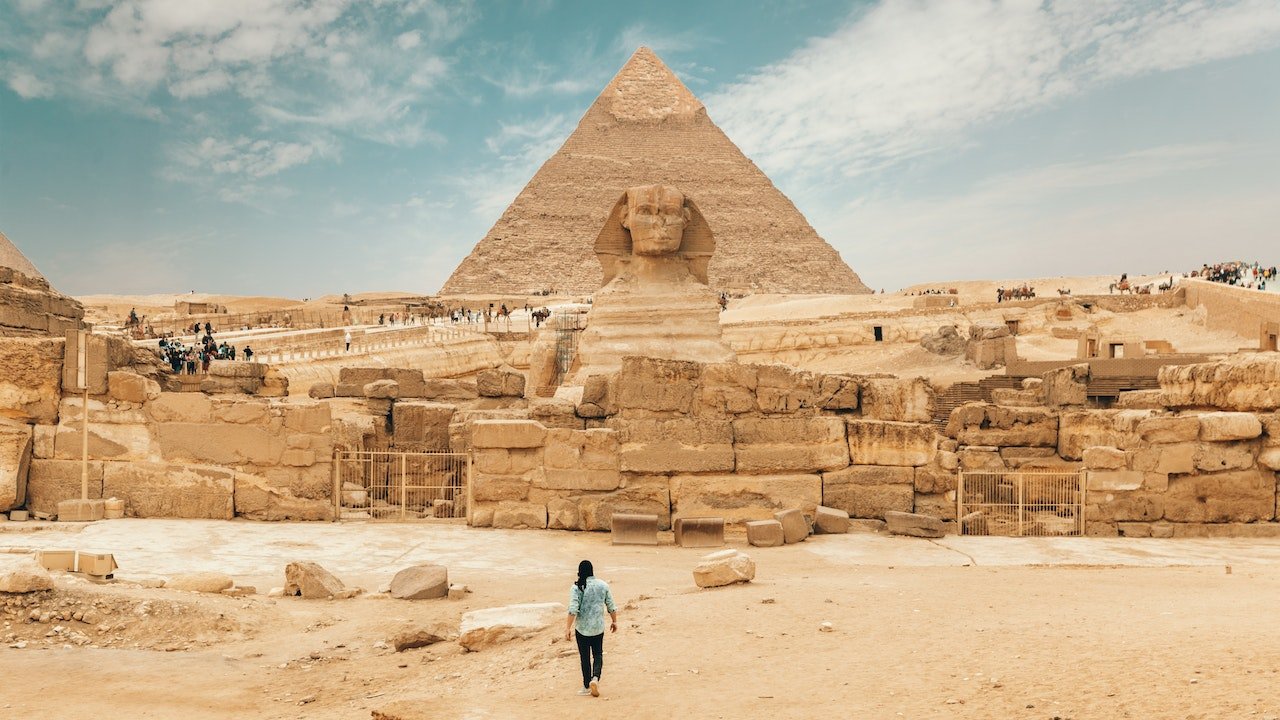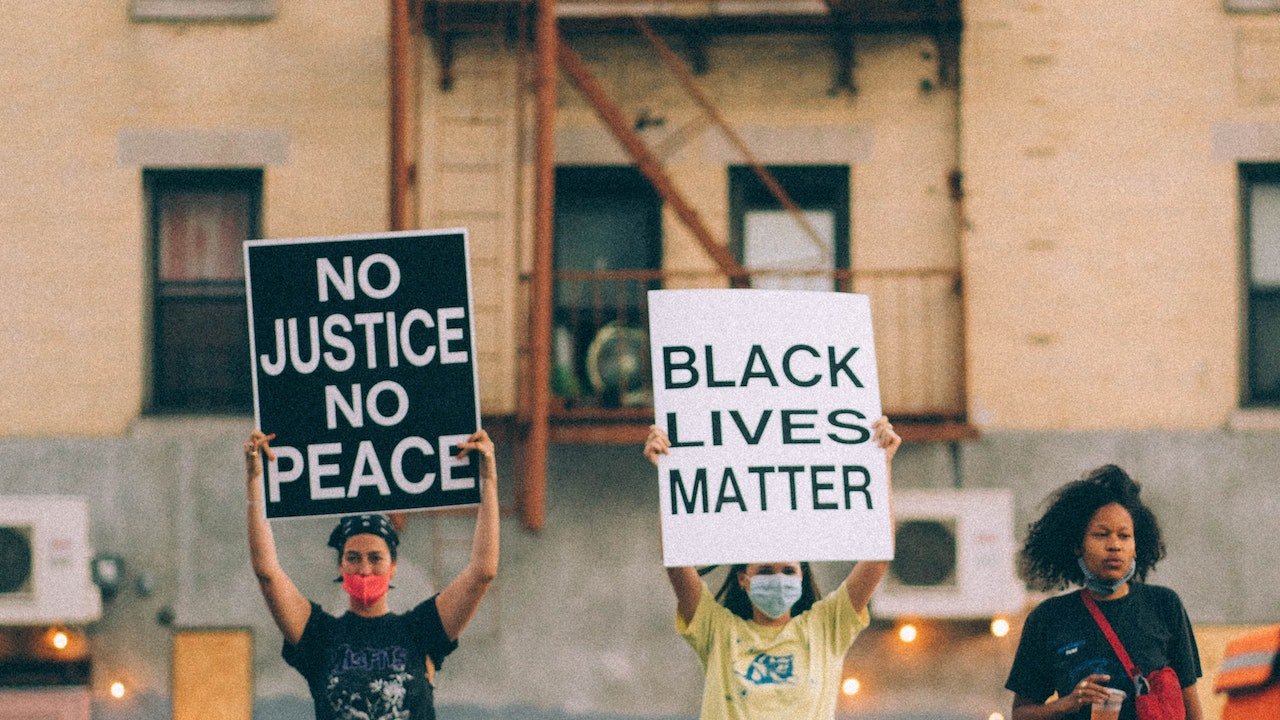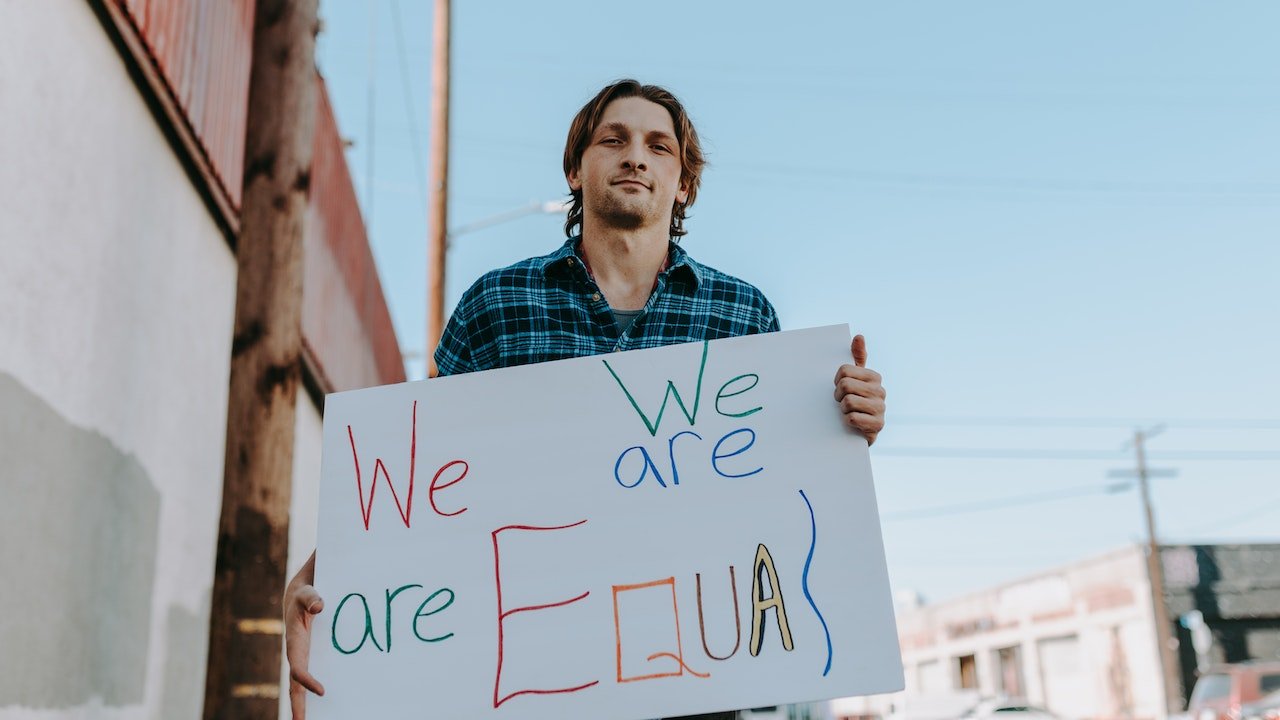Civil Rights Laws and Indigenous Rights: Recognizing Sovereignty 2023


The Background of Indigenous Rights
The histories of colonization, eviction, and forced assimilation are intricately entwined with those of indigenous rights. Indigenous groups have been oppressed for generations, having had their lands taken from them, their cultures stifled, and their fundamental human rights violated. When talking about indigenous rights and civil rights legislation now, it is essential to understand this historical backdrop.
Indigenous Peoples’ Need for Sovereignty
Restoration of justice and protection of indigenous peoples’ rights depend on acknowledging indigenous sovereignty. Indigenous communities have the freedom to manage their own affairs, decide how to use their lands and resources, and protect their cultural legacy thanks to their sovereignty. It gives them the ability to safeguard their way of life and preserve their distinctive identities.
Recognition of Indigenous Rights Internationally
International organizations have made great progress in recent decades toward recognizing and defending the rights of indigenous peoples. A significant framework for advancing and defending the rights of indigenous peoples around the world is provided by the United Nations Declaration on the Rights of Indigenous Peoples (UNDRIP), which was approved in 2007. It recognizes their rights to cultural practices preservation, land ownership, and self-determination.
Indigenous rights and civil rights laws: a complicated relationship
No of a person’s color, ethnicity, or origin, civil rights legislation is intended to defend their rights. However, it might be difficult to apply these laws to indigenous tribes. Native Americans frequently have distinctive legal and political statuses, which call for particular concerns within the larger framework.
Civil Rights Laws’ Effect on Indigenous Communities
Although civil rights legislation has been essential in achieving equality and justice, indigenous groups’ unique needs and concerns have not always been sufficiently addressed. To ensure that they are fully protected by civil rights laws, indigenous peoples must address systemic issues with their land rights, cultural preservation, and political representation.
Tribal Sovereignty’s Importance in Civil Rights Movements
Tribal sovereignty is the term for the innate authority that indigenous tribes have over their territories and resources. For indigenous communities to effectively execute civil rights laws, tribal sovereignty must be recognized. It enables native peoples to exercise their autonomy and take part in the creation of policies that have an impact on their daily life.
Obstacles to Acknowledging Indigenous Sovereignty
There are still considerable obstacles to face despite progress in recognizing indigenous sovereignty. Conflicting legal systems, a lack of resources for indigenous people, and opposition from governments or non-indigenous organizations are a few of the obstacles. Continuous lobbying, teamwork, and a dedication to removing the structural hurdles preventing the recognition of indigenous rights are needed to overcome these challenges.
Actions to Protect Indigenous Rights
It is essential to take proactive measures at many levels to ensure the acknowledgment of indigenous rights. This entails putting in place laws that uphold and defend indigenous sovereignty, encouraging open communication with indigenous people, and facilitating education on indigenous contributions and histories that is respectful to cultural norms. In order to maintain indigenous rights, governments, civil society organizations, and individuals must all work together.
Read More: Key Provisions of Civil Rights Laws Explained 2023
Education’s Role in advancing indigenous rights
In order to dispel myths and enhance knowledge of indigenous rights, education is crucial. Educational institutions can encourage respect, empathetic thought, and support for Indigenous communities by incorporating Indigenous viewpoints, histories, and contributions into curricula. In order for indigenous kids to stand up for their rights and take part in determining their futures, education is essential.
Future Perspectives: Increasing Native American Rights
Prioritizing the protection of indigenous rights is crucial as civilizations develop further. Continuous activism, legislative changes, and the participation of indigenous voices in the decision-making process are necessary for this. Societies can get closer to attaining genuine equality, justice, and respect for all by recognizing and maintaining indigenous sovereignty.
Collaboration: Creating Alliances and Bridges
Collaboration and the creation of bridges between indigenous communities and non-indigenous organizations are necessary for the recognition of indigenous sovereignty. When it comes to promoting indigenous rights, elevating indigenous perspectives, and working towards systemic change, allies from a variety of sectors can be quite helpful. Recognizing the wisdom, traditional knowledge, and contributions that indigenous cultures have made to society, it is crucial to listen to them and learn from them.
Indigenous Rights and environmental protection
Indigenous tribes have a history of interacting with their ecosystems and territories. Respecting indigenous sovereignty and practicing environmental care go hand in hand. Many indigenous cultures place a high value on sustainable practices and possess traditional knowledge that can support international conservation and climate change efforts. We can safeguard and maintain the environment for future generations by supporting indigenous rights.
Read More: Ensuring Equal Opportunity: The Importance of Civil Rights Laws 2023
Conclusion
A crucial component of civil rights laws is the acknowledgment of indigenous sovereignty. Fostering equity and justice requires upholding the rights of indigenous peoples and taking into account their special political, legal, and cultural conditions. We can create a more inclusive and fair society by cooperating to remove obstacles, advance education, and give indigenous voices priority.
In recent years, the importance and acknowledgment of indigenous rights have grown. The need of recognizing the sovereignty and rights of indigenous communities is becoming increasingly clear to governments, organizations, and individuals globally. By doing this, we may make up for past wrongs, encourage inclusivity, and create a society that is more just.
FAQs
Why is it crucial to recognize indigenous sovereignty?
In order to restore justice, defend indigenous rights, and give communities the freedom to run their own affairs, indigenous sovereignty must be acknowledged.
What is the Indigenous Peoples’ Rights Declaration of the United Nations?
A framework that promotes and defends the rights of Indigenous peoples around the world is the United Nations Declaration on the Rights of Indigenous Peoples (UNDRIP).
How might the needs of indigenous communities be better met by civil rights legislation?
In order to ensure that indigenous communities are fully protected, civil rights laws must take into account their particular legal and political positions and offer tailored solutions.
What part does education play in advancing the rights of indigenous peoples?
Education is essential for dispelling myths, promoting understanding, and encouraging young indigenous people to fight for their rights.
Exist any examples of recognizing indigenous sovereignty that has been successful?
Yes, through legal and regulatory frameworks, nations and regions like the United States and New Zealand have made great progress in recognizing and respecting indigenous sovereignty.











